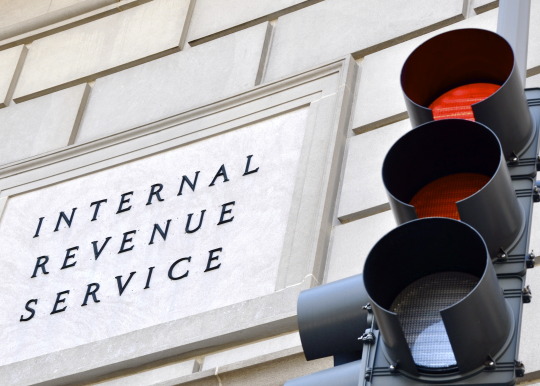Under the Affordable Care Act, employers who self-fund their
employee health care are required to submit informational reporting about
minimum essential coverage to the Internal Revenue Service beginning January
2016. Below are details to help businesses comply with this requirement.
Who is required to submit information
reporting of minimum essential coverage?
Among those required to submit information reporting of minimum
essential coverage are:
- Self-funded employers.
- Insurers.
Note: Applicable large employers that
self-fund their health care are also required to submit employer-sponsored
coverage reporting to the IRS. To learn more, see Employer-Sponsored Coverage
to the IRS Information Reporting.
What does the report include?
Employers are required to submit a separate report for each
individual health care recipient on Forms 1095-B and 1094-B that specifically
provides:
- The name of each individual enrolled in
minimum essential coverage as well as the name and address of the primary
insured or other related person (for example, a parent or spouse) who submits
the application for coverage. - The return also must report the taxpayer
identification number (TIN) and months of coverage for each individual who is
covered under the policy or program. - The name, address and employer identification
number (EIN) of the employer maintaining the plan and whether coverage was
enrolled in through the government marketplace.
The employer must also provide a written statement to the covered
individual(s) that includes:
- The policy number.
- The name, address and a contact number for the
reporting entity. - The information required to be reported to the
IRS.
What is the deadline?
Statements are to be provided annually to employees by Jan. 31.
Forms must be provided to the IRS by Feb. 28 (March 31 if filed electronically)
for the previous calendar year. Employers are encouraged to voluntarily report
starting in 2015 for the 2014 plan year, but official annual reporting begins
in 2016 for the 2015 plan year.
How do I submit the report?
Employers are required to provide the IRS with Form 1094-C, which
is the transmittal form, and Form 1095-C, which is the employee statement.
Employers can file electronically, and draft forms are expected to be available
from the IRS as the reporting deadline approaches.
Can a third-party organization file
the report?
Yes, the law allows employers to use a third party to assist with
filing IRS reporting and providing statements to individuals insured by the
health plan.
Is there a penalty for not filing the
report?
Currently, employers may face penalties for not filing
informational reporting. However, the law explains that these fines may be
waived for employers that do not file due to reasonable cause, or fines reduced
for errors that are corrected in a timely manner that are not due to reasonable
cause.
Note: Fines may be waived for employers that
do not file due to reasonable cause.
More benefits strategies and resources
for small businesses
The Employer’s guide to healthcare reform helps answer important questions facing small
businesses and offers solutions to help strike the right benefits balance — one
that is budget friendly while also meeting the health care needs and
requirements of employees.







